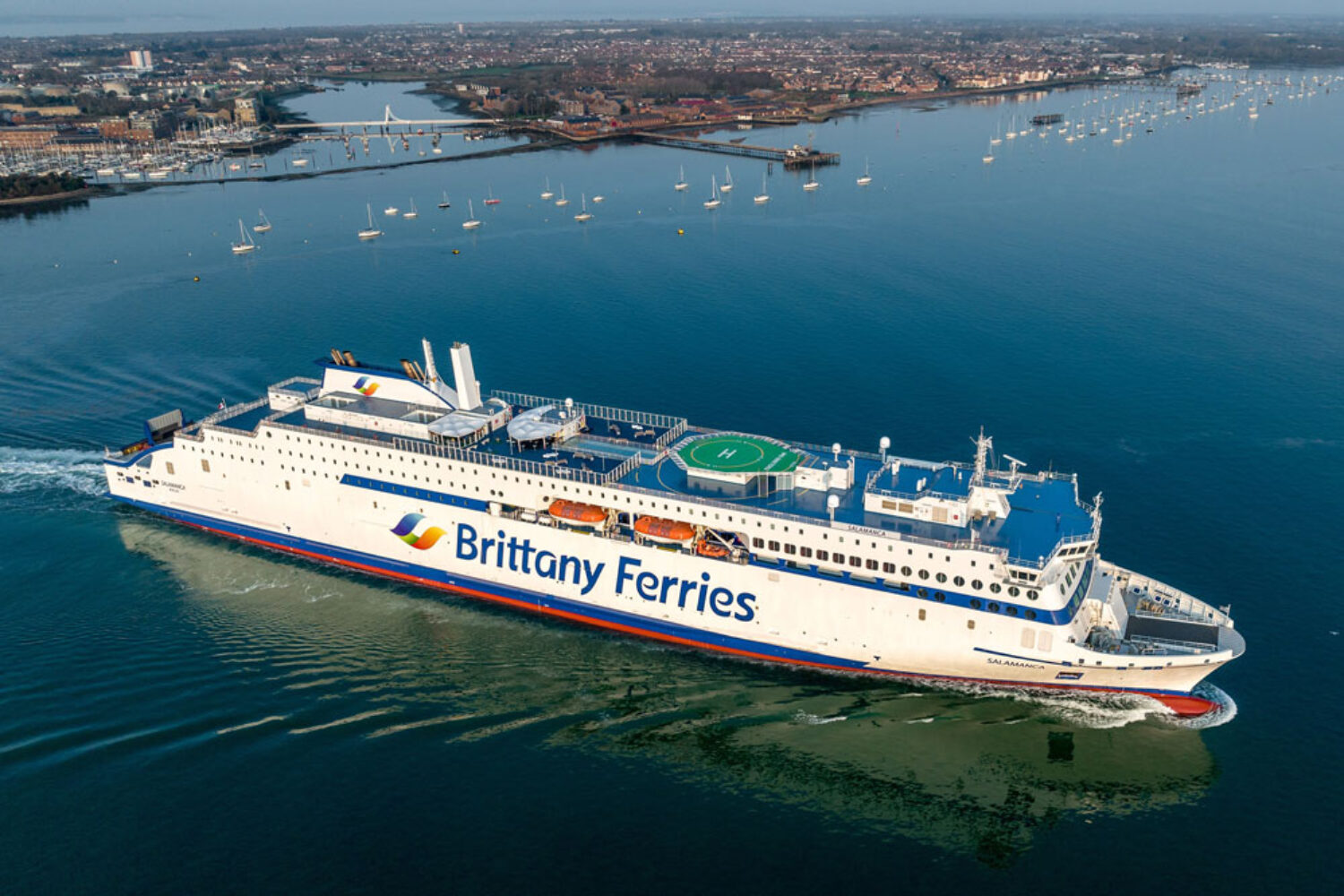The Italian classification company Rina recorded strong growth last year, which continued in the first quarter.
Turnover amounted to over €900 million. A new global strategy was also adopted at the Annual General Meeting in Genoa.
According to the 2024 annual financial statements, Rina’s (Registro Italiano Navale) turnover amounted to €915 million, an increase of 15% compared to the previous year. EBITDA also improved by 22% to €138 million. The classification society’s net profit rose to €30.4 million – more than twice as much as the €12.5 million recently achieved. The gearing ratio fell further to around 1x.
This positive trend continued in the first quarter of 2025. Revenue for the months of January to March amounted to €235 million, up 12% on the same period in 2024. “Particularly noteworthy is the order intake of around €366 million, an increase of 16% compared to the previous year,” Rina announced.
At the same time, the classification society is implementing its strategic plan until 2030. This provides for increased investment in innovation and digitalization initiatives. A central element is the “Open Innovation Hubs”, the first of which was announced in Singapore in 2024. They are intended to turn research projects into concrete business applications. This is complemented by the use of artificial intelligence.
Rina invests in new business areas
In response to an ever-evolving external environment, Rina has identified new areas for further investment as part of its strategy to drive future growth, including space and defense, mining, the subsea industry and data centers.
“We are very pleased with the results achieved in 2024, which represent a further acceleration of our growth in all core markets,” said CEO and General Manager Carlo Luzzatto. “Rina is a knowledge-based company that is continuously developing its value proposition by combining human expertise with digital capabilities to offer ever more advanced, high value-added services. We will continue to invest in talent and innovation, as we are convinced that these are essential for success in a rapidly changing world that requires both speed of execution and adaptability – especially in the current context of global economic and geopolitical uncertainty.”













